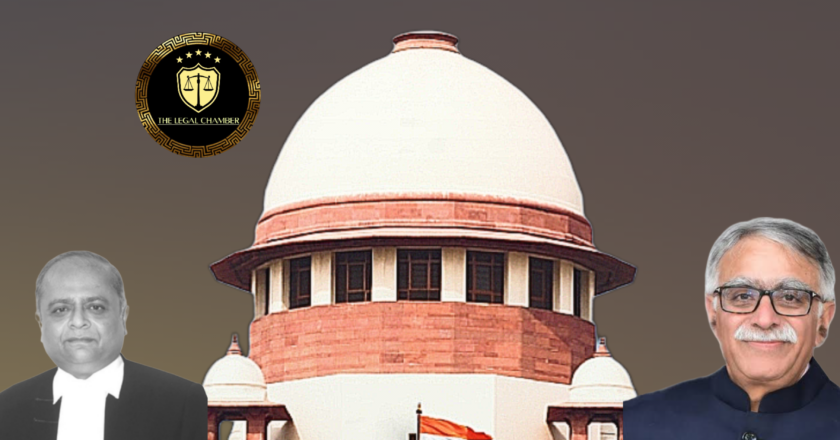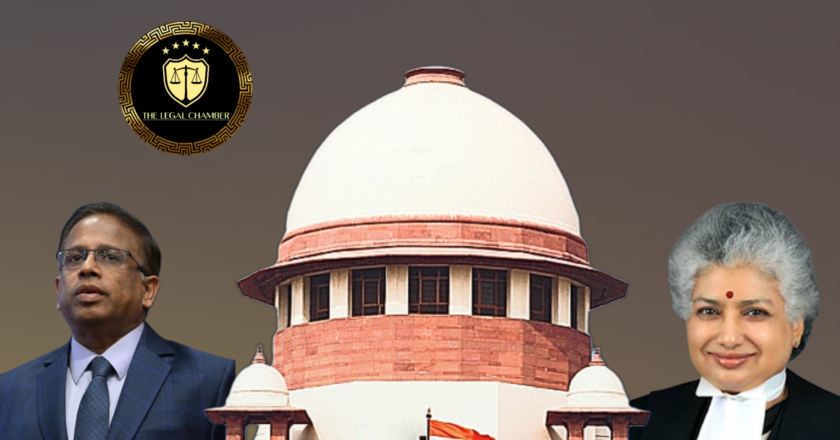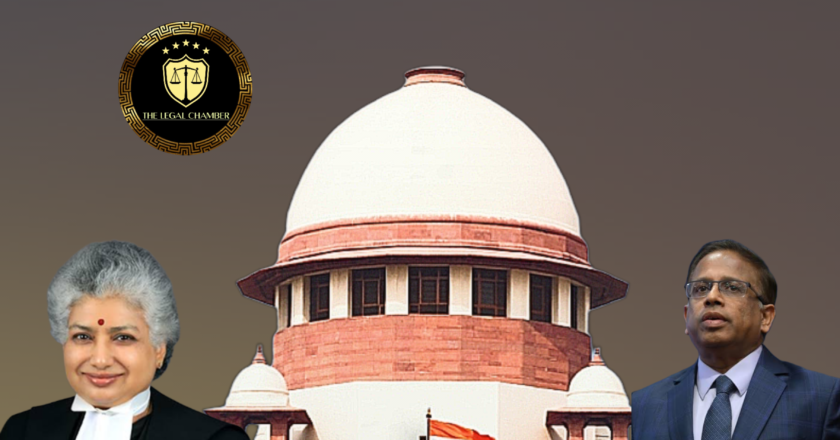Supreme Court: Disputed No-Dues Certificate Can’t Be Ground to Quash Criminal Proceedings
The Supreme Court held that criminal proceedings cannot be quashed where allegations prima facie disclose essential ingredients of an offence. The power under Section 482 CrPC is sparing; disputed documents like No-Dues Certificate cannot be relied upon at pre-trial stage. Civil remedy coexistence doesn't bar prosecution if allegations support criminal liability.
Facts Of The Case:
The dispute in this case arose from contractual and financial dealings between the appellant (accused no. 2) and respondent no. 2 (complainant) concerning construction work undertaken between 2008 and 2010. A No Dues Certificate was issued by respondent no. 2 on 10.06.2010 and acknowledged on 12.06.2010, recording that no payments were outstanding. Subsequently, disputes emerged between the parties, leading to...


